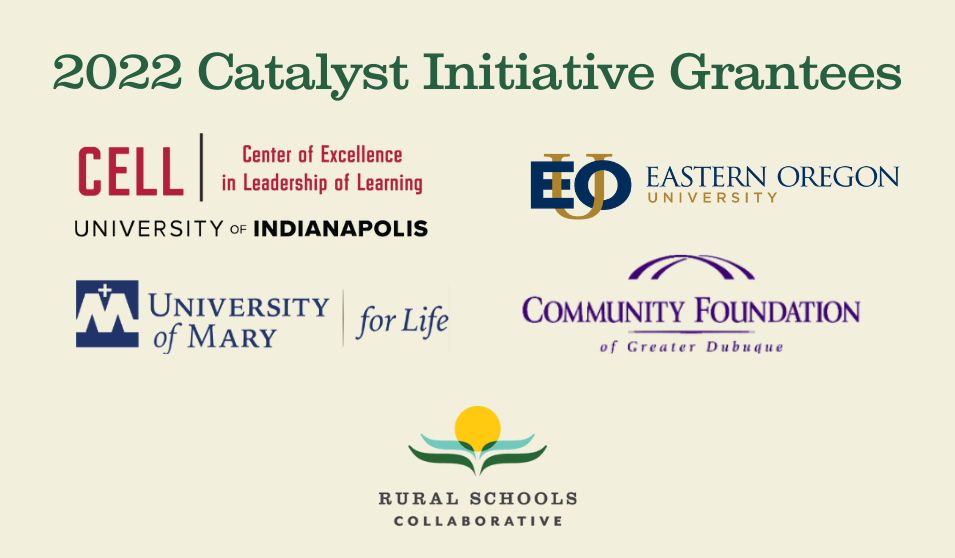Spending the long winter months to further the work of developing their new Rural Teacher Corps programs, the four 2022 Cohort of Catalyst Initiative Grantees are stepping into spring in full stride, eager to move toward finalizing their pilot efforts. Through the generous support of an anonymous donor, the Catalyst Initiative Grant provides an early influx of flexible planning dollars to create an intentional rural teacher preparation program. While the act of creating a rural-specific education pathway is transformative in its own right, the program also maintains a particular focus on teacher workforce diversity, community health and vitality, and vision-driven collaboration. The most recent progress from this year’s Grantees exemplifies each of these focus areas in four beautifully distinct ways. Below is the latest update from the four partners during their most recent full-cohort meeting:
University of Mary (North Dakota Hub)
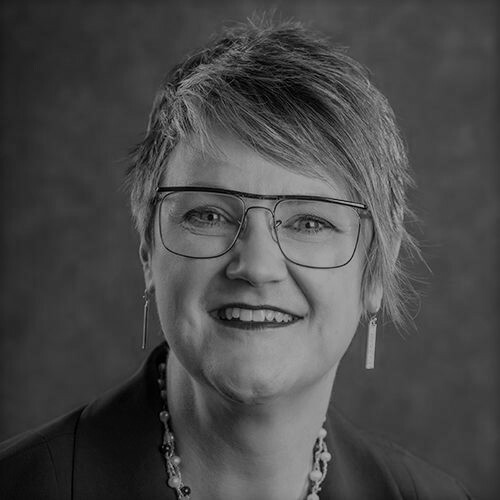
The University of Mary has focused its Rural Teacher Corps on reducing the barriers to enter the education profession by creating a virtual program that allows students to remain invested and involved in their local communities. Meghan Salyers, Director of Student Teaching and Accreditation Program for UMary, and her colleagues have already launched the program to greater interest than they were initially suspecting, resulting in 45 new teacher candidates. Spending the early days deep in conversation about how exactly to use the grant funds most effectively, Salyers updates that the School of Education has worked out a solid plan for program implementation.
One step in this build-out plan after the program’s launch in the fall has been a dedicated recruitment and communications drive. Salyers shares that they recently completed an in-person recruitment tour in rural North Dakota, visiting a number of small towns. Along with personally visiting rural places to share about the program, the UMary team has also been busy creating promotional materials to share with high school career service offices. Salyers underscores that they are able to undertake these creative recruitment strategies because the grant provided essential resources to make the process possible, and through the benefits of collaboration and learning about new ways of recruitment.
A second area for growth Salyers reports is working to officially classify their Rural Teacher Corps as an apprenticeship program through the US Department of Labor, doing so would open new streams of support for the program’s continued growth. Familiar with how teacher preparation functions, Salyers says that it comes as no surprise that these programs can fall under the classification of “apprenticeship,” but it’s nevertheless not traditionally been considered as such. But in order to meaningfully address rural teacher shortages, Salyers emphasizes, universities must begin thinking about teacher preparation differently, and this apprenticeship classification could be a piece of the solution.
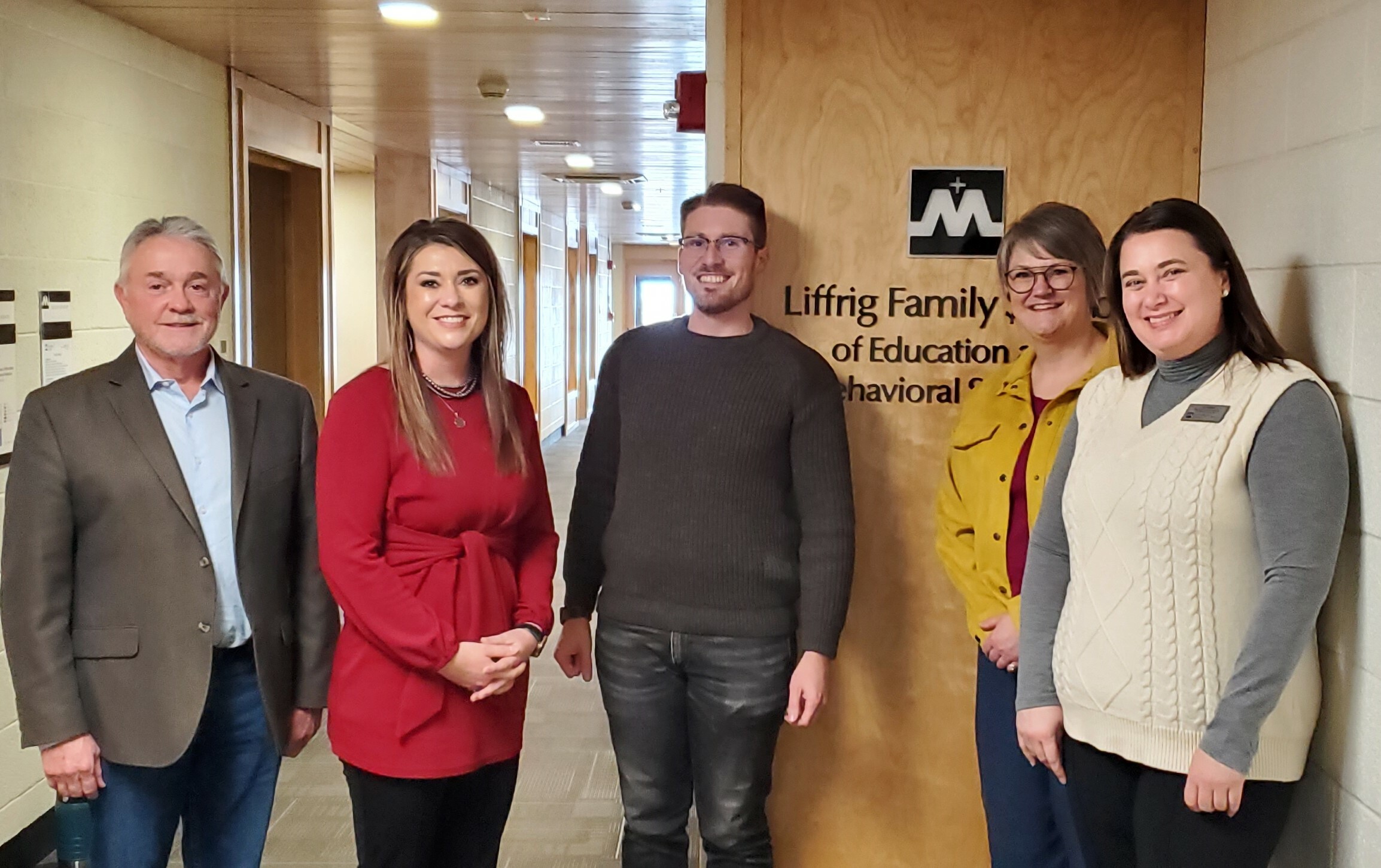
Center for Excellence in Leadership of Learning (Indiana & The Great Lakes Hub)
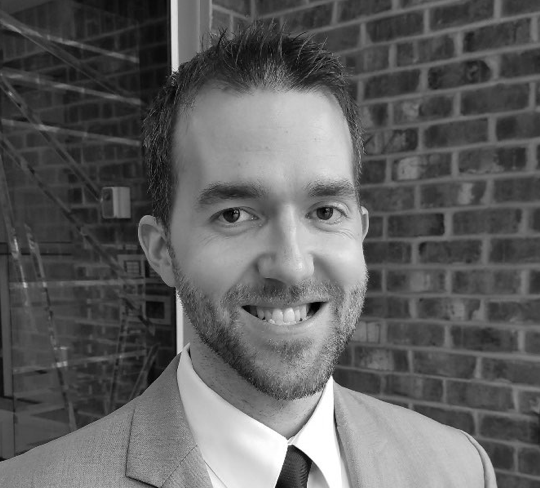
Jeremy Eltz, Indiana & The Great Lakes Hub contact and Director of Rural Education for The Center for Excellence in Leadership of Learning at the University of Indianapolis, says that CELL has made steady progress in laying the foundation for what will become a state-wide effort to recruit and train rural educators. The core of CELL’s program rests in building strategic partnerships among major universities and Indiana’s rural-serving community college network. The goal, Eltz reports, is create a seamless process wherein students can begin their professional journal locally, remaining rooted in their place, before transitioning to one of three major universities in the state, including the University of Indianapolis. Once there, students would be able to engage in rural-specific training and curriculum, and celebrate rural cultures and ways of life. Additionally, scholarships offered to these students would encourage them to consider education as a viable profession and reduce the burden of going to college, both factors limiting new entrants into the education field.
With the vision for the program articulated, Eltz shared further that he and UIndy are considering the possibility of a number of related components that could further enhance the program. One which he was excited to discuss was the possibility of partnering with the state high school athletics association. This program already offers essential leadership skills training and frequently rural coaches often serve as educators as well. Conceiving a way of uniting this ongoing good work with Rural Teacher Corps holds the promise of further expanding the avenues potential teachers can take to enter the profession.
Eastern Oregon University (Pacific Northwest Hub)
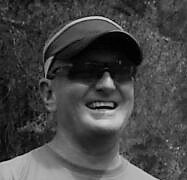
Building on Eastern Oregon University’s existing Teach Rural Oregon efforts, Dave Dallas, Pacific Northwest Hub contact and senior instructor at EOU’s College of Education, was able to launch the Oregon Rural Teacher Corps just a few short months after receiving the grant funds. And with the generous support of local philanthropic partners, Dallas enthused that the first ORTC class included 12 candidates, representing 11 communities across a region in Oregon the size of the state of Georgia. As a hybrid program, Dallas has worked with the 12 candidates virtually for most of the year. However, the value of personal networking and relationship building is priceless for a rural educator, so Dallas details further that the program includes in-person cohort learning sessions with unrestrained social time around La Grande afterwards.
Beyond the initial program, Dallas is hard at work planning the next stages for the program’s growth. One upcoming deadline is incorporating the Rural Teacher Corps students in the University’s standing career fair. Bringing the candidates back to campus, Dallas is hoping that he will be able to host rural school districts for the candidates to meet. Many of the candidates are already rurally-located, and even working at a rural district. Of the 12, Dallas reports that 8 fully intended to remain working at their existing rural school.
Besides the work of ensuring that the candidates are well positioned to enter the classroom, Dallas is also working on ensuring the program has the institutional structure and support it needs. Over the winter, he met with various colleagues and offices at EOU to make sure graduate students were aware of and applied to the program, and that steps were taken to announce the program at rural high schools.
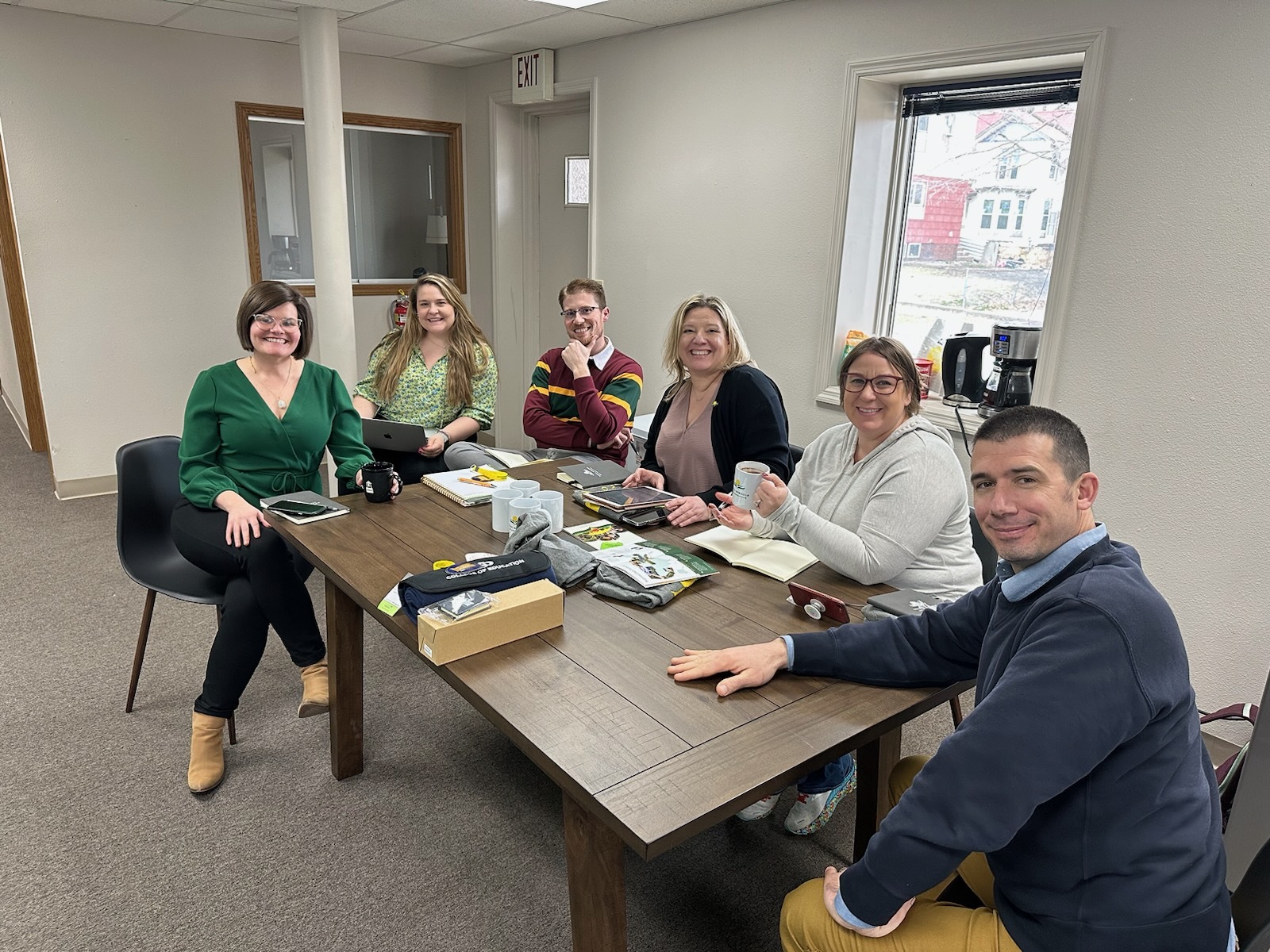
Community Foundation of Greater Dubuque (Iowa Hub)
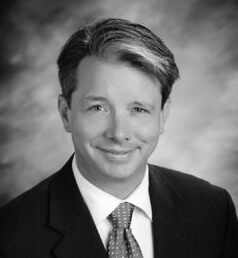
Addressing teacher retention, Jason Neises, Iowa Hub contact and Community Development Coordinator for the Community Foundation of Greater Dubuque, shares that work on creating “Rural Return” scholarships in collaboration with the Community Foundation’s local affiliate foundations is proceeding nicely. The original vision for this work, Neises reminded, was to deploy the local philanthropic network of Northeastern Iowa to get rural teachers into the classroom. Although many wonderful funding opportunities exist to enable students to attend college, Neises and the CFGD team wanted to develop a scholarship program to incentivize teachers to move back to the rural communities. With a financial incentive offsetting some of the costs incurred by attending college, the hope is more teachers will be able to return to rural places. Moreover, by working to develop these scholarships locally, affiliate foundations will be reinvesting back in their own towns and communities, as well as educating donors and local leaders on the impact of proactive educator recruitment.
As he’s gone about having these conversations locally, Neises reports success in working with educational foundations that have philanthropic arms, as well as the Community Foundation’s regional affiliates. One unintended benefit of these conversations has been helping bring local schools and philanthropic groups closer together. It may be taken for granted that community leaders in a rural place intrinsically know about each other, and what they do, when in fact they may not. Rather, Neises has found, intentional conversations about the huge potential for community growth by directly linking local schools with philanthropic groups has been “eye opening” for local superintendents and affiliate foundation board members alike.
While the work of bringing communities together in support of the Rural Teacher Corps continues, Neises shares further that progress has also been made on plans to host a rural education summit during the summer. The goal of this event is two-fold: to convene the regional rural education field and reinforce that community, and to offer educators rural-specific, place-based training to further enrich their work. Neises and CFGD are actively working with higher education partners in the community to host the event.
The Catalyst Initiative Planning Grant program is made possible through the support of a generous anonymous donor. We extend a sincere thank you to our philanthropic partners for continuing to fuel robust and resilient rural communities. If you'd like to learn more about Rural Teacher Corps, please get in touch!

